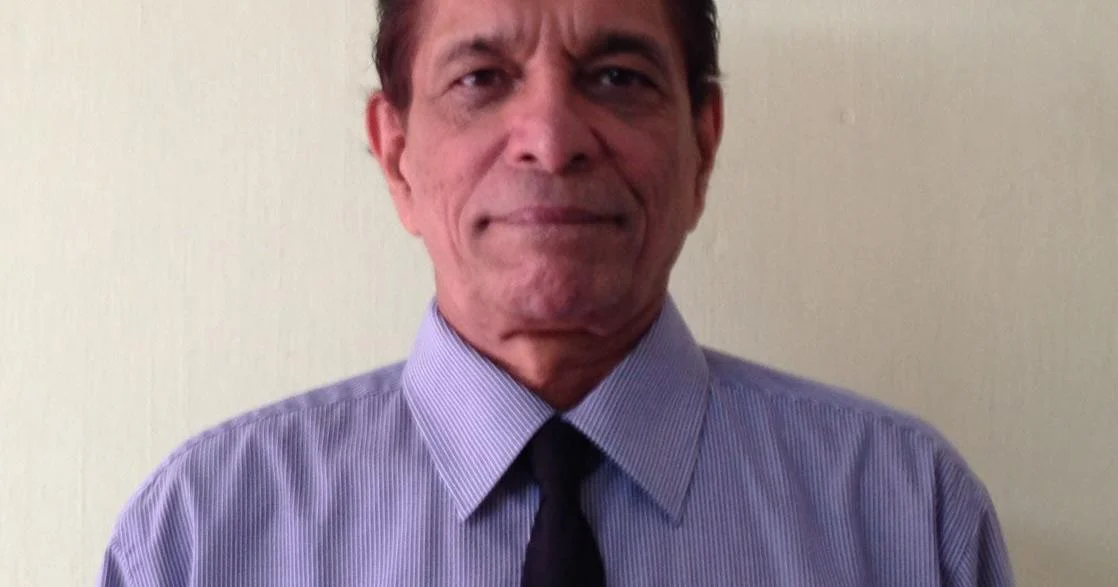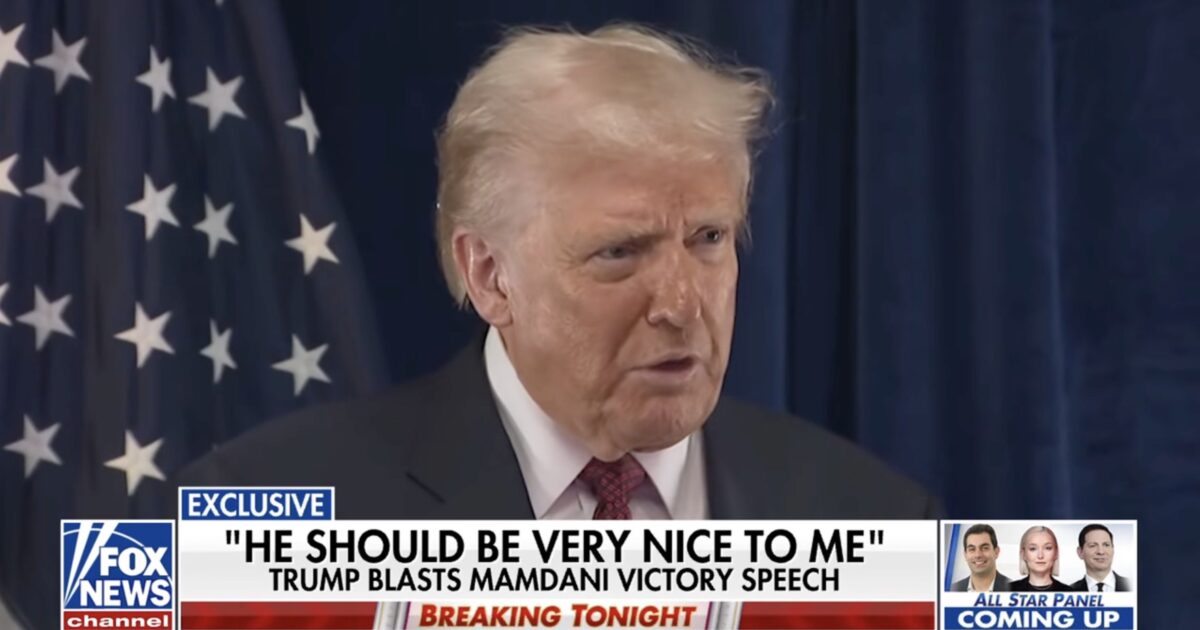Copyright trinidadexpress

Trinidad and Tobago’s relations with both the United States and with the European Union have historically been very important for our nation. The fraternal ties between the two transatlantic giants made it sometimes seem like a single relationship our nation enjoyed with both. Profound change is now upon us. For 75 years, America has been indispensable to European security. It provided a nuclear umbrella, had military capabilities not possessed by the continent and ran air, naval and troop bases with 80,000 troops stationed in Europe. Now with demands from the current US administration that European countries assume more responsibility for their own security, there is an emerging new reality in the global environment. Recent Russian incursions into EU airspace are pushing Europe into urgent action. A current EU white paper says by the end of 2027, the Commission wants “an EU wide military mobility area with harmonised rules and procedures and a network of land corridors, airports, seaports, and support elements ensuring unhindered transport of troops and military equipment across the Union in close co-ordination with Nato.” Many ask whether Europe can survive an assault from Russia without help from the United States. I have already said that “with the pooled resources of member-states, Europe could have the second most powerful military in the world. Add Britain and it is a grouping with two nuclear powers, UK and France.” Small wonder French President Emmanuel Macron could say “Europe has the economic strength, power and talent to compare ourselves to the United States.” Obviously, Europe would stand quite tall in any coming multi-polar world. Analysts say it also has the wealth and technological know-how to defend itself without the United States. Ben Schreer, Europe executive director of the International Institute for Strategic Studies, says if its countries unite and acquire the right equipment, Europe “could pose a serious conventional and nuclear deterrent to Russia. Europe by itself has the capacity and resources to defend itself. It’s just a question of whether it is willing to.” Indeed. In a 2023 column ‘Powerful Europe Needed’, I wrote that after 75 years of over-reliance on the US through NATO, Europe had developed complacency and a “lazy transatlanticism”. It largely ignored the mandate of its 2017 Lisbon Treaty “to develop and operate defence capabilities together”, aiming for “swift and seamless movement of military personnel and assets throughout the EU” and a “full spectrum of defence capabilities for national and multinational missions”. But things are changing. Moritz Graefrath, postdoctoral fellow in security and foreign policy, writes that European countries will improve their own capabilities when they can no longer rely on US to defend them, creating “an even stronger Europe”. And Poland’s Prime Minister Donald Tusk, says “Europe is truly capable of winning any military, financial, economic confrontation with Russia - we are simply stronger.” And Europe has started believing in its strength. Not surprising. The ten largest standing armies of the EU, along with Britain’s, exceed 1.7 million personnel. The Military Balance 2025 report reveals that some larger EU nations have weapons to outmatch Russia’s armoury. These include aircraft carriers, amphibious ships, fighter jets, ground-attack jets, F-35 stealth fighters and modern tanks, including German Leopards and British Challengers. And of course, France and Britain are both nuclear powers that deploy ballistic missile submarines. There is already talk of extending the nuclear umbrella to all of Europe. Macron is convinced it is the way to stop Russia’s aggression farther into Europe. “We are entering a new era,” he says. “Peace is no longer guaranteed on our continent.” Not surprisingly, Europe is getting battle-ready. On its own. Defence budgets are rising sharply on the continent. The EU’s Defence Readiness 2030 Roadmap, released last month, seeks to ensure alignment, avoid duplication, maximise efficiency and “bring greater coherence to Europe’s defence ramp-up”. And the EU is taking steps to improve its military forces without US help. Last year six European countries united to develop ground-launched cruise missiles, increase munitions production capacity and diversify their supplier base for military hardware. They are “building independent defence capabilities and reducing reliance on US security guarantees”. This is the ‘Strategic Autonomy’ that will render European space inviolable and make the continent stand very tall in the coming multi-polar world. And never forget, as I previously pointed out, the European Union (EU) is an economic powerhouse with 27 member states in a single market of over 440 million people, the second-largest economy in the world by nominal GDP. And already expanding hugely through trade and investment relations with countries and blocs of nations throughout the world - Asia, Africa and Latin America- that include regional powerhouses like China, India, Brazil and South Africa. Most importantly, Europe’s strong and proven commitment to multilateralism and rules-based arrangements will make it a trustworthy magnet for global alliances in any coming geopolitical competition. Any dream anyone had of Europe being turned into some strongman’s sphere of influence had better think again. Europe is that emerging superpower politically, militarily and economically. Trinidad and Tobago, “open for business” and needing foreign investment for its recently announced Revitalisation Blueprint, would surely take note. The author is T&T’s Ambassador to Caricom



